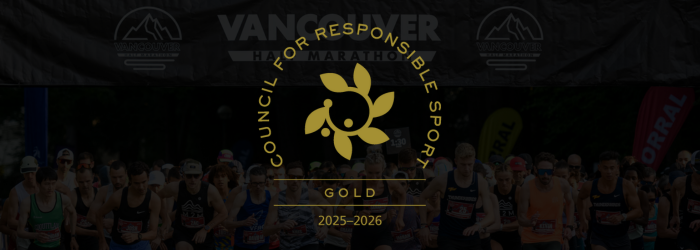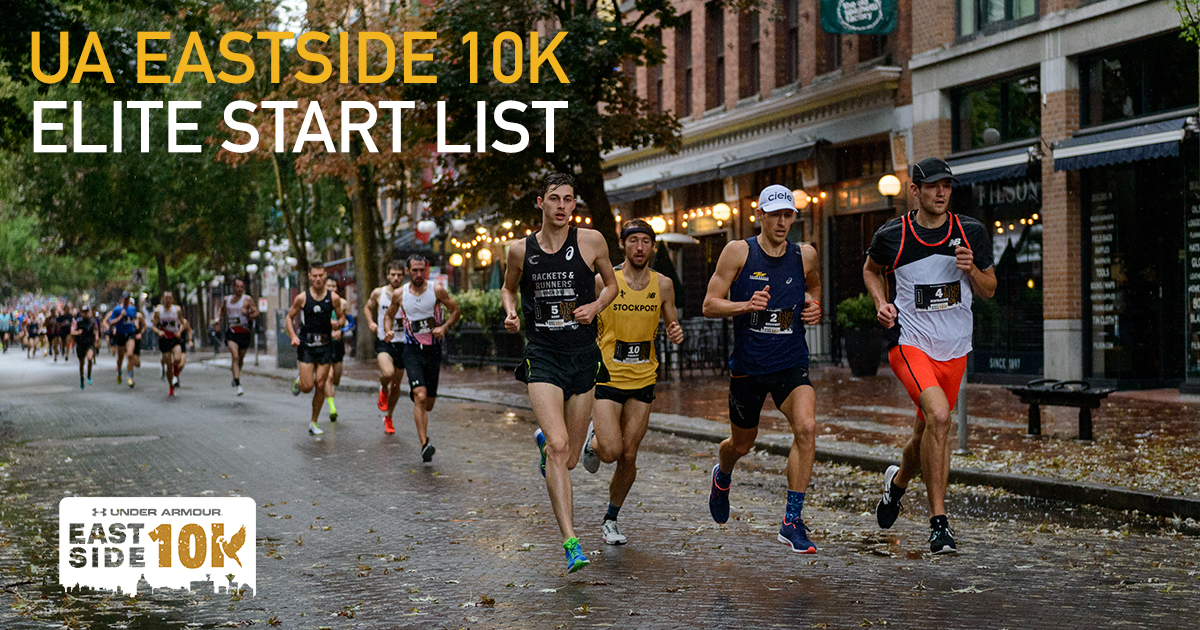VANCOUVER March 4th 2015. Digital Champion Stephanie Harrap started running cross country and track in high school and completed her first half-marathon in 2008. Since then she’s run 8 more halves and 3 marathons. The half is her favourite distance to race, but her best running moment was crossing the finish line of her most recent marathon and qualifying for Boston. When she’s not pounding the pavement or local trails, Stephanie work as a physiotherapist and spends the rest of her time planning her next travel adventure and refining her culinary skills. Connect with Stephanie on Instagram.
Train Smarter Not Harder! By Stephanie Harrap
A lot of people use the high rate of injuries in running as a reason not to lace up their runners and sign up for a race. But the truth is most running injuries don’t come out of nowhere, in fact most are the result of training errors which are often preventable. After taking courses with some experts on injury prevention, suffering with my own running injuries, as well as seeing many of the same injuries come through my clinic, I’ve come up with some of my favourite tips and tricks for having a longer, happier and healthier running career.
In order to keep your body in balance while you’re hustling down the pavement week to week, you need to build strong and mobile muscles.
Strength training- Strengthening the hips and core will give you the most bang for your buck! When you strengthen these muscle groups, you can give stability across the pelvis, all the way down to the knees and ankles. This can help prevent common injuries such as IT band pain and runners knee.
Stretching- Immobile, shortened muscles can limit your function and leave you at risk of injury. This is where I would say do as I say not as I do, I try my best to stretch, but it still remains my nemesis! I’ve found doing weekly yoga, foam rolling and using a tennis ball works better for me.
Not every run is a race!
It’s hard, especially when you’re feeling good,  not to throw caution to the wind and treat every training run like you’re competing for gold. But not every run should be “hard”, in fact it should be the opposite! You should be able to carry out a full conversation on 80% of your runs (even if it’s with yourself) and you should only spend 20% of your weekly mileage gasping for [what feels like] your last breath. Don’t fall into the trap of running every run at that “comfortably uncomfortable” pace. It may feel like you’re making the best use of your training time, but long term it can lead to trouble sleeping, injury and can even make you slower!
not to throw caution to the wind and treat every training run like you’re competing for gold. But not every run should be “hard”, in fact it should be the opposite! You should be able to carry out a full conversation on 80% of your runs (even if it’s with yourself) and you should only spend 20% of your weekly mileage gasping for [what feels like] your last breath. Don’t fall into the trap of running every run at that “comfortably uncomfortable” pace. It may feel like you’re making the best use of your training time, but long term it can lead to trouble sleeping, injury and can even make you slower!
Listen to your Body
Don’t run through pain! This seems like the most obvious point in theory, but is often the most difficult in practice. When you are in the throes of training for a race and a niggling pain crops up, the last thing you want to do is stop and take time off, but this is exactly what you should do! Running with pain can not only cause a small problem from turning into a full blown injury, it can also cause long term changes in the way we run. So at the first sign of an atypical pain (discomfort that worsens during a run or causes you to alter your gait), take at least three days off. If when you return to running the pain returns, then it’s time to get some professional help!
What would a discussion about injury prevention be if we didn’t talk about shoes! It’s probably the first question I get when people are just starting to run, “What’s the best shoe for running?” But what you really need to be asking is “What’s the best shoe for me and why?” With so many choices out there, it’s important to find the best shoe for your body, your distance, and your stride. Shoes can’t help fix a current injury, but being in the right shoe for you can limit your risk of injury down the road. So when you need new shoes (replace them every 500 to 800 km’s), go to a specialty store to get expert advice, my go to is Forerunners on west 4th in Kitsilano, they really know their stuff!
Obviously injury-and injury prevention- is tricky business, but hopefully some of these tips can help you avoid some of the preventable injuries that I have suffered in the past! What helps you stay injury free? What mistakes have you made and learnt from in the past? Connect with me on Instagram @anygivenrunday









